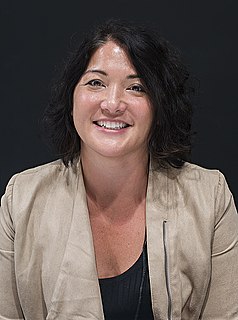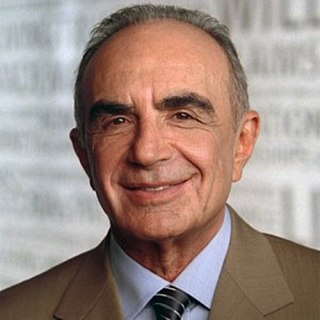A Quote by Marcia Clark
After the verdict was read in the Simpson case, as the jury was leaving, one of them, I was later told, said, 'We think he probably did it. We just didn't think they proved it beyond a reasonable doubt.'
Related Quotes
I believed there was enough evidence to go to trial. Grand jury said there wasn't. Okay, fine. Do I have a right to disagree with the grand jury? Many Americans believe O.J. Simpson was guilty. A jury said he wasn't. So I have as much right to question a jury as they do. Does it make somebody a racist? No! They just disagreed with the jury. So did I.
As I listened to the verdicts in the Casey Anthony case, acquitting her of the homicide of her baby girl, I relived what I felt back when court clerk Deirdre Robertson read the verdicts in the Simpson case. But this case is different. The verdict is far more shocking. Why? Because Casey Anthony was no celebrity.
If anyone ever wonders why there's nothing coming from me, it's not my fault. I'm doing the work. No, I haven't deteriorated or gone insane. Suddenly, I just can't get anything into print. And apparently I'm not alone in this. There are people of very high standing, authors who are having problems. So I have been told. In my own case, the more disturbing element is the editor-in-chief who said to me, "I think this book is terrific. It ought to be in print. I can't publish it -- I've been told I mustn't." The indication is that I'm not writing what people want to read, but I never did.
've had good friends who got married after they've been together for years and they've said that it was the "next step" for them. Or, they've said, "You just can't bail out anymore." And I've wondered, What made you think you could just bail out before [the wedding]? You don't invest that kind of time and energy with somebody and then just go, "All right, see you later."
I tell people to look at me and understand that everybody first told me that I couldn't be a 6-foot, 9-inch point guard, and I proved them wrong. Then they told me I couldn't be a businessman and make money in urban America, and I proved them wrong. And they thought I couldn't win all these championships, and I proved them wrong there as well.
A lawyer once told a jury that the person his client stood accused of having killed was about to walk through the courtroom door. When the jurors looked startled, the lawyer asserted that if those jurors had wondered, even for one second that the victim might appear, that belief constituted enough reasonable doubt for them to find his client innocent.
I don't think the law exists to arrive at the truth. If it did, we wouldn't have exclusionary rules, we wouldn't have presumptions of innocence, we wouldn't have proof beyond reasonable doubt. There's an enormous difference between the role of truth in law and the role of truth in science. In law, truth is one among many goals.

































